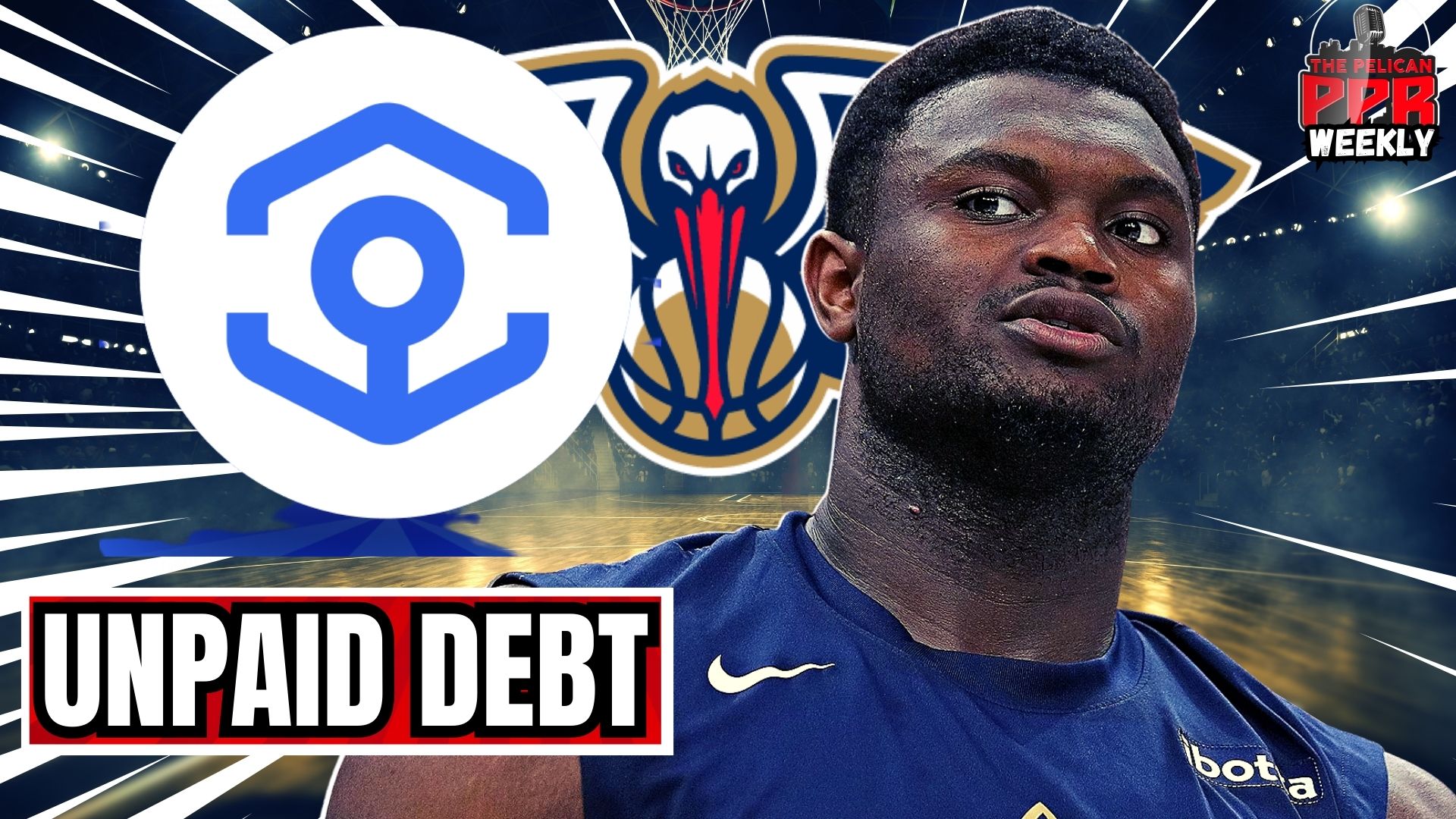by Rell Wright/Pelican Contributor
New Orleans Pelicans star Zion Williamson and his family members are facing a civil lawsuit from California-based technology company Ankr PBC, alleging that they have failed to repay $1.8 million of a $2 million loan made in September 2021. Ankr had provided the loan while seeking to establish a marketing relationship with the Pelicans’ All-Star power forward, with hopes that Williamson would serve as an Ankr spokesperson, leveraging his influence and popularity. The lawsuit states that Williamson’s stepfather, Lee Anderson, represented the player as his business manager and requested an upfront payment of $150,000 to negotiate potential business arrangements. Ankr believed Anderson had the authority to negotiate for Williamson, leading to the loan approval. Despite extensions and a forbearance agreement, the majority of the loan remains unpaid, putting the star player in legal jeopardy.
Despite his remarkable talent and numerous All-Star appearances, Williamson has faced several injuries throughout his career, leading to significant missed playing time. Nonetheless, the Pelicans signed him to a lucrative five-year rookie maximum extension worth $193 million plus incentives, set to take effect in the 2023-24 season. However, the recent lawsuit and unresolved debt issue could potentially impact Williamson’s financial standing and raise questions about his business dealings off the court. As the legal battle unfolds, both fans and analysts are keen to see how the situation will affect Williamson’s career and reputation as a prominent NBA athlete.
The case sheds light on the complexities and challenges faced by athletes when managing their finances and business relationships while navigating the demands of a high-profile sports career. As one of the league’s rising stars, Williamson’s financial decisions and business associations are under scrutiny, emphasizing the importance of sound financial planning and professional advice for professional athletes. The lawsuit also underscores the need for transparency and accountability in such arrangements to avoid potential legal entanglements that could overshadow an athlete’s on-court accomplishments.
Share this:
- Click to share on Facebook (Opens in new window) Facebook
- Click to share on X (Opens in new window) X
- Click to share on Reddit (Opens in new window) Reddit
- Click to share on LinkedIn (Opens in new window) LinkedIn
- Click to share on Pinterest (Opens in new window) Pinterest
- Click to share on Tumblr (Opens in new window) Tumblr
Related
OUTLAW CHEMICAL FREE SOAPS AND NATURAL BODY PRODUCTS!

PPR MERCH HERE NOW! CLICK THE AD TO SHOP!!!

NOLA POLITICS
Best of GLAMBOT: Golden Globes 2026 | E! News

New Orleans Saints News
Saints End Season Presser Reaction | Loomis & Moore

NEW ORLEANS PELICANS
Six Straight Losses: What’s Broken With the Pelicans Right Now?

New Orleans Saints News
Saints vs Falcons Week 18: Can New Orleans Finish Strong?














